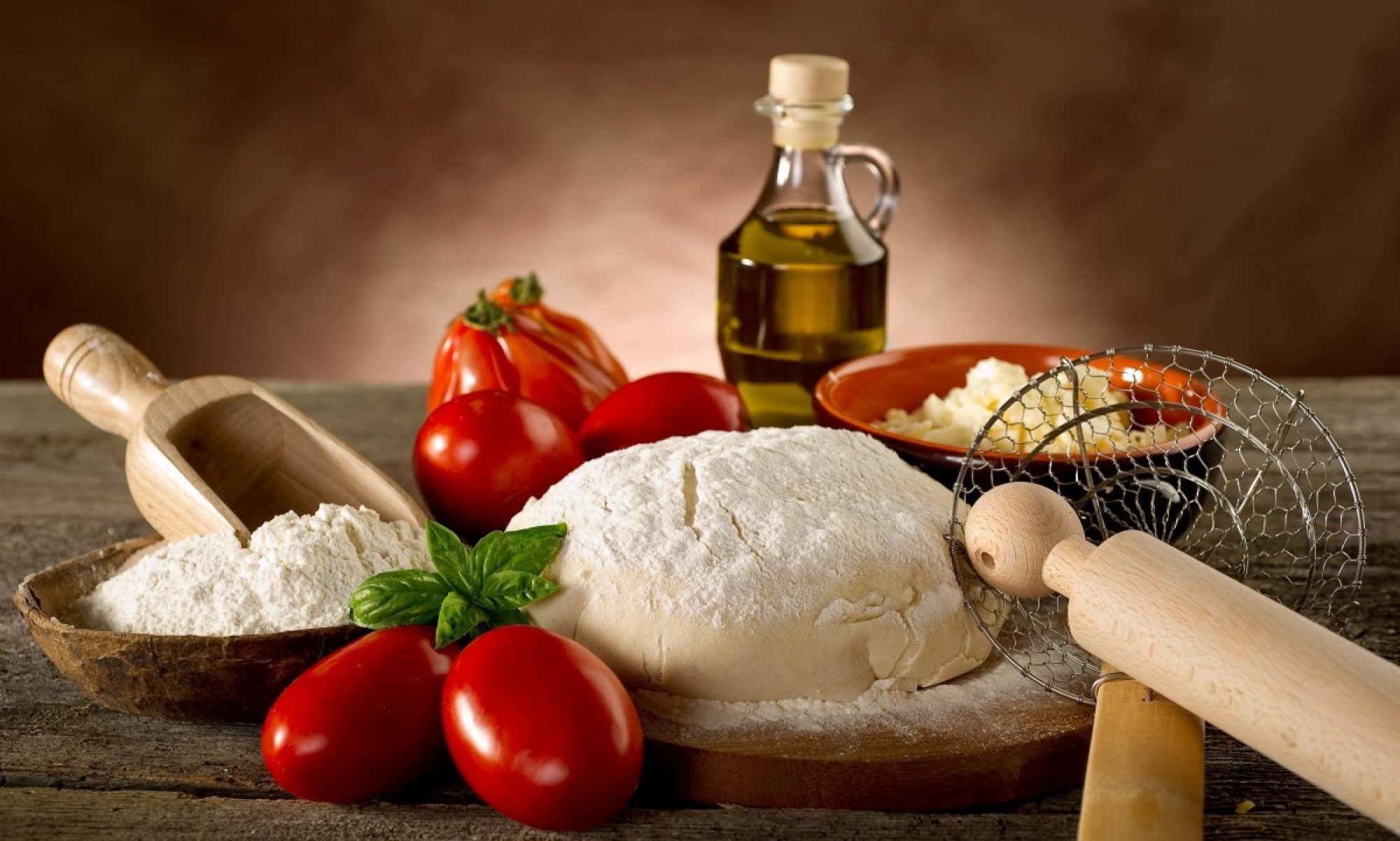A Poem on Liang Mian (Cold Noodles with Sesame Sauce)
We are in the second month of summer,
The songs of the crickets are louder than ever,
Dawn is unstirred by wind or breeze,
The nights are much hotter than the mornings.
In these circumstances,
I can only say two words: liang mian!
…
Fine as china from Jingdezhen City,
Refreshing as cold beer from Qingdao,
Their aroma will inebriate you before you lift them to your lips
And your heart will pound at the mere sight of them.
The piece I chose to imitate is “A Noodle Poem by Cheng Ji (Third century AD) (Quoted from p. 288, Pasta: The Universal Food).” I chose this piece because this piece interested me the most with its unique style, content and metaphors. The poet, Cheng Ji, was the chief cook in charge of beverages and “delightful foods”, and this poem was from his dialogue with the future founder of the Liu-Song dynasty. Cheng Ji was known for his intelligence, and when the king asked him what would be the best dish to serve at the current season, Cheng Ji answered with this poem.
Through imitating Cheng Ji’s style, I learned about his intelligence as a person, and mastery as a cook. In his poem, he first described the current season, which was the most important factor to the choice of food. Cheng Ji presented the fact that the current season was autumn, and the songs of crickets would soon fall silent, which represented that summer had passed, and the weather was becoming cool. Since the temperature had dropped, and the nights were becoming chilly, Cheng Ji suggested in his poem that the most suitable food to eat now was bing. Next, Cheng Ji used two metaphors to describe the fineness of bing, and reassured the king that he would definitely be delighted at the sight of bing, and would also be satisfied after eating it. Through reading this poem, I was impressed by the intelligence of Cheng Ji to come up with this remarkable poem immediately to answer the king’s question, and to persuade the king using metaphors and logical reasonings. This poem also demonstrated Cheng Ji’s skills and mastery as a cook to immediately find the most suitable food to eat at occasions. He also listed the necessary ingredients to make bing as well as their provenance in the middle part of his poem, which was not presented in the quote. I also learned from this poem that bing was a popular food during third century AD, and the ingredients used to make bing could come from multiple places in China. Since I am also from China, I found it interesting that bing had been a popular food in my culture for thousands of years. Even today, bing is a common food in China, especially in the Northern part, which gives me a sense of continuity and connection with the past. Therefore, bing is clearly a cultural representation of traditional Chinese food.
There is cultural DNA embedded in Cheng Ji’s poem and my poem. I imitated the style of his poem and tried to write a poem similar to the original version. While Cheng Ji presented bing in his poem, I presented one of my favorite foods that is suitable to eat at the current season, liang mian, or cold noodles with sesame sauce. The current season is summer, and the temperatures outside are at the highest peak of the entire year. The extremely high temperatures can result in a loss of appetite, and liang mian is a popular food to eat at this time of the year, because it is cold and tasty. Liang mian is also a traditional Chinese food, originated from the Tang dynasty. Liang mian is made with cold noodles stirred with sesame sauce, bean sprouts, garlic water, cucumber strips and cooked meat. For the two metaphors, I used china from Jingdezhen City, a place famous for making china, to describe the fineness of liangmian, and cold beer from Qingdao, the originating city of Tsingtao Beer, to describe the refreshing flavor of liang mian.
Works Cited
“Pasta: the Story of a Universal Food.” Pasta: the Story of a Universal Food, by Silvano Serventi and Sabban Françoise, Columbia University Press, 2002, pp. 289–290.
“Liang Mian (凉面).” TastyAsia, 27 July 2012, tastyasia.net/2012/07/26/liang-mian-%E5%87%89%E9%9D%A2/.
